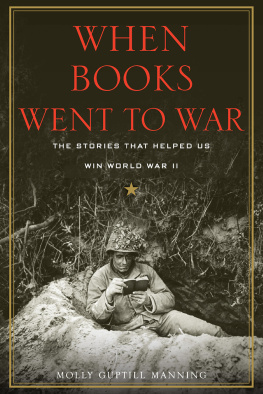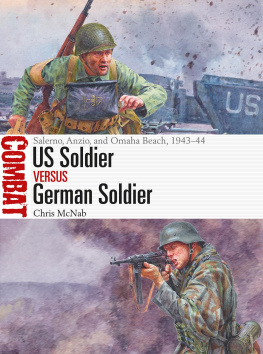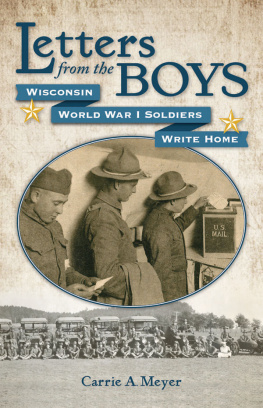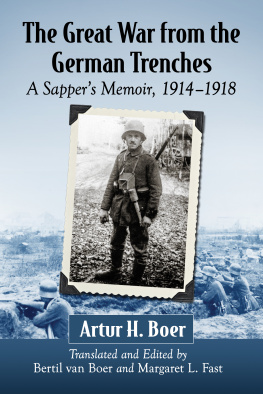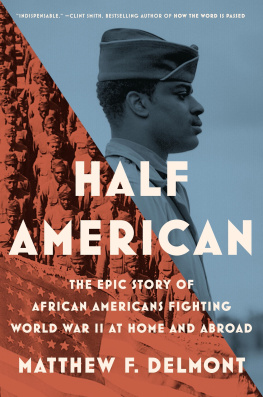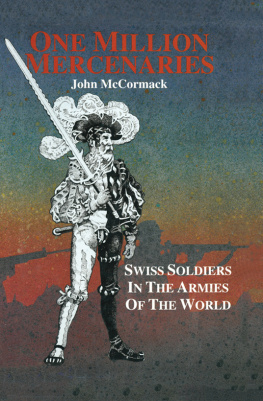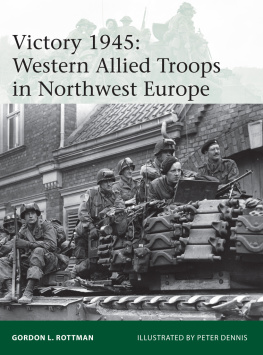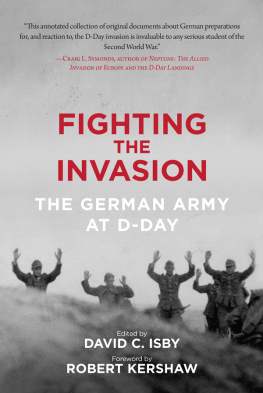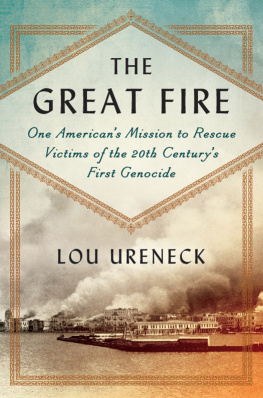Copyright 2014 by Molly Guptill Manning
All rights reserved
For information about permission to reproduce selections from this book, write to Permissions, Houghton Mifflin Harcourt Publishing Company, 215 Park Avenue South, New York, New York 10003.
www.hmhco.com
The Library of Congress has cataloged the print edition as follows:
Manning, Molly Guptill, date.
When books went to war: the stories that helped us win World War II / Molly Guptill Manning.
pages cm
Includes bibliographical references and index.
ISBN 978-0-544-53502-2 (hardback)
ISBN 978-0-544-57040-5 (trade paper)
ISBN 978-0-544-53517-6 (ebook)
1. World War, 19391945United StatesLiterature and the war. 2. Books and readingUnited StatesHistory20th century. 3. Publishers and publishingUnited StatesHistory20th century. 4. American literature20th centuryHistory and criticism. 5. War in literature. I. Title.
Z1003.2.M36 2014
028'.90973dc23
2014033571
e ISBN 978-0-544-53517-6
v1.1214
Illustration credits appear on .
For my husband, Christopher Manning
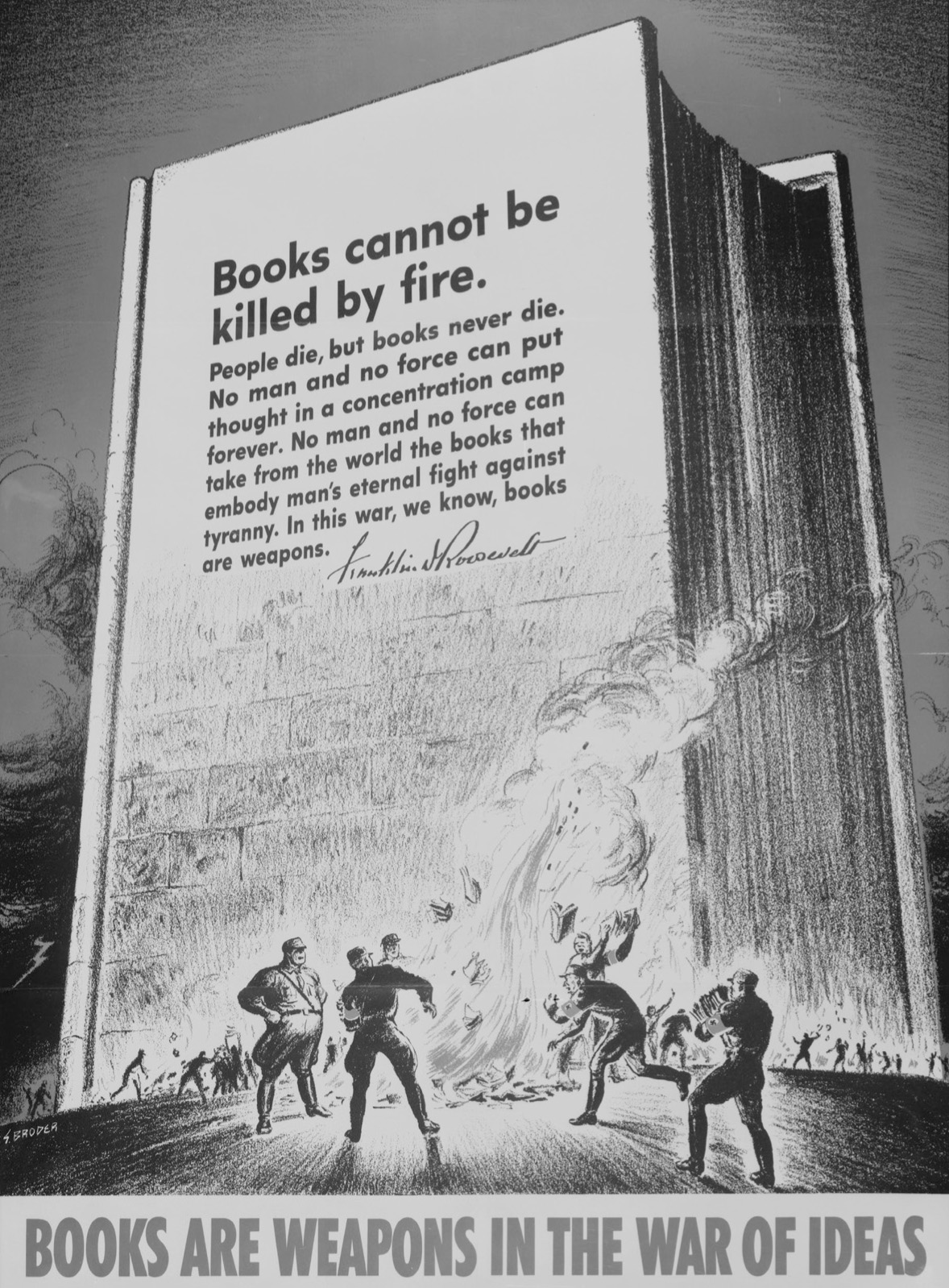
Introduction
Were you ever so upset emotionally that you had to tell someone about it, to sit down and write it out? a Marine asked in a letter to the author Betty Smith. That is how I feel now, he confided.
You see I am... 20 year[s] old... but I feel twice that age. I went through hell in two years of combat overseas... I just wanted you to understand that despite my youth I have seen a little bit of suffering.
At the time this Marine wrote his letter, malaria ravaged his body and he was hospitalized and confined to bed rest. Yet he credited the illness with saving his life. During his time in sickbay, he was given an Armed Services Edition of Smiths A Tree Grows in Brooklyn. I have read it twice and am halfway through it again, and every time I read it, I feel more deeply than I did before, he said.
Ever since the first time I struggled through knee deep mud... carrying a stretcher from which my buddies life dripped away in precious blood and I was powerless to help him, I have felt hard and cynical against this world and have felt sure that I was no longer capable of loving anything or anybody, he wrote. He went through the war with a dead heart... and dulled mind, believing he had lost the ability to feel.
It was only as he read A Tree Grows in Brooklyn that something inside him began to stir. I cant explain the emotional reaction that took place, I only know that it happened and that this heart of mine turned over and became alive again. A surge of confidence has swept through me and I feel that maybe a fellow has a fighting chance in this world after all. Ill never be able to explain to you the gratitude and love that fill my heart in appreciation of what your book means to me. It brought laughter and joy, and also tears. Although it was unusual for a supposedly battle-hardened marine to do such an effeminate thing as weep over a piece of fiction,... Im not ashamed, he said. His tears proved he was human.
I dont think I would have been able to sleep this night, he wrote in closing, unless I bared my heart to the person who caused it to live again.
The American forces serving in World War II were composed primarily of citizen soldierspeople who had no notion of going to war until Pearl Harbor was attacked. Many volunteered and others were drafted, and together these unprepared and unknowing souls faced a daunting combination of hurried training at bare-bones facilities, and days and weeks of transport, boredom, and fear. They experienced horrors and unimaginable scenes of violence and destruction for which no training could fully prepare them, and, for many, recuperation in hospitals spread around the world. They were constantly reminded of their proximity to death. As one soldier remarked, it was not uncommon to have breakfast with a man and at supper time he has been buried.
The war took a tremendous physical and psychological toll on the men who fought it. The infantrymen plodded through endless mud, advanced as snipers fired at them, and slumbered in the comfort of rain-filled foxholessometimes to the lullaby of squealing mortars in the distance and buzzing insects swarming about them. They always seemed to be wet, dirty, muddy, uncomfortable, and exhausted. They marched and fought through searing heat and bitter cold, faced diseasemalaria, typhus, and infections of all kindsand bore the brunt of the enemys bullets and bombs. It is understandable why they referred to themselves as the God-damned infantry.
The pilots and crews of the B-17 Flying Fortresses, B-24 Liberators, B-25 Mitchells, B-26 Marauders, and B-29 Superfortresses faced a different series of perils: flying a steady course as flak pierced holes in their planes, engaging in sudden aerial battles, and witnessing crew members suffer or die from injuries incurred midflight. Their limbs became painfully numb as they endured subzero temperatures during long journeys in unheated aircraft, and the relief they experienced upon safe return was often accompanied by the devastation of learning that others did not complete the trip back. Many planes crash-landed, ran out of fuel, or just plain crashed. The B-24s and B-26s did not earn the monikers Flying Coffin and Widow-Maker for nothing.
Those in the Navy had their own set of problems. The initial thrill of sailing the seas and seeing the world from a gleaming ship was chilled by the isolation of days and weeks spent outside the sight of land. Loneliness and boredom took on new meanings. Meanwhile, the constant threat of lurking submarines and the mere sight or muffled din of an approaching enemy plane rattled the nerves of even the bravest sailor. There was no disguising cruisers or destroyers on the open sea. When the music started, they were like ducks in a shooting gallery.
The days were grinding, the stress was suffocating, and the dreams of making it home were often fleeting. Any distraction from the horrors of war was cherished. The men treasured mementos of home. Letters from loved ones were rare prizes. Card games, puzzles, music, and the occasional sports game helped pass the hours waiting for action or sleep to come. Yet mail could be frustratingly irregularsometimes taking as long as four or five months to arriveand games and the energy to play them could not always be mustered after a long day of training or fighting. To keep morale from sinking, there needed to be readily available entertainment to provide some relief from war.
The story of the Armed Services Editionsportable, accessible, and pervasive paperbacks like the edition of A Tree Grows in Brooklyn that so moved a young Marine to write Betty Smithis a remarkable one. They were everywhere: servicemen read them while waiting in line for chow or a haircut, when pinned down in a foxhole, and when stuck on a plane for a milk run. They were so ubiquitous, one sailor remarked that a man was out of uniform if one isnt sticking out [of] the hip pocket! They were the most dependable distraction available on all fronts. Whenever a soldier needed an escape, the antidote to anxiety, relief from boredom, a bit of laughter, inspiration, or hope, he cracked open a book and drank in the words that would transport him elsewhere. Every soldier and sailor abided by a strict policy of swapping and exchanging books, no matter how worn. The print could be smudged, the pages ripped or falling out, and still a book would continue to make the rounds. As one sailor said, To heave one in the garbage can is tantamount to striking your grandmother.
They werent just for entertainment and diversion. Books also served as the premier weapon in fighting Adolf Hitlers war of ideas. Nazi Germany sought control over peoples beliefs, not just their bodies and territory. From the 1933 state-sanctioned book burnings in Germany to the purging of libraries across Europe as nations were conquered by the Nazis, un-German reading material was threatened with extinction. The scale of destruction was impressive. By V-E Day, it is estimated that Germany had destroyed over 100 million books in Europe.
Next page
